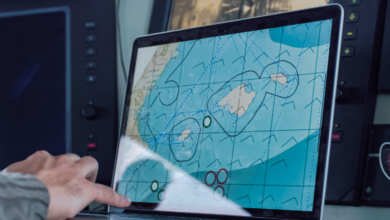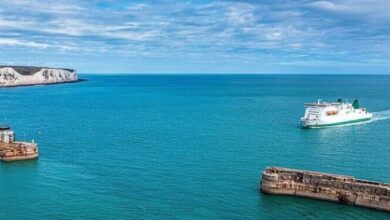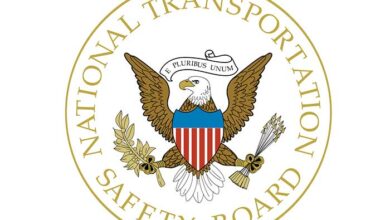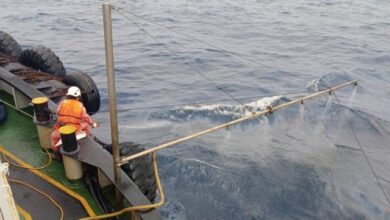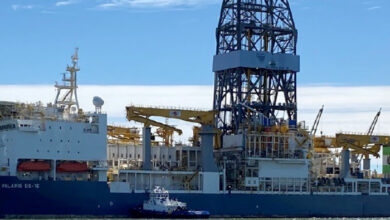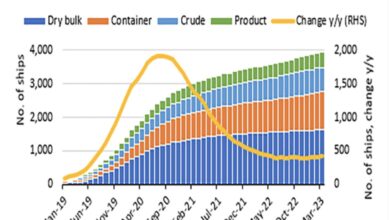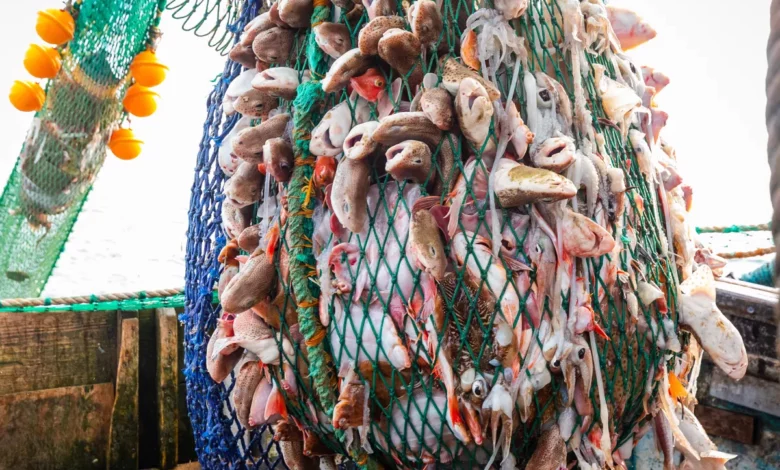
British fishermen increasingly vented their anger, saying promises made by Leavers that they would regain control of all UK fishing waters by voting for Brexit had been broken
‘The UK caved in on fish to win a wider treaty’, industry bodies say, while leading Brexiter David Davis says the one-day debate is ‘too fast’
By : Toby Helm
And there were growing fears among senior Tories, who will spend the next three days poring over the 2,000-page agreement published on Saturday, that details in the fine print could still allow the EU to impose punitive tariffs on British exports if businesses fail to follow European rules.
While the deal unveiled by the prime minister and European commission president Ursula von der Leyen looks certain to pass through the Westminster parliament, largely because Labour will back it, pro-Brexit MPs remain determined not to fall into the trap of endorsing the full agreement before having subjected every clause to full scrutiny.
Downing Street’s chief Brexit negotiator, Lord Frost, said the agreement would allow “national renewal” and permit the UK to “set its own laws again”.

But as he did so, British fishermen increasingly vented their anger, saying promises made by Leavers that they would regain control of all UK fishing waters by voting for Brexit had been broken. Barrie Deas, chief executive of the National Federation of Fishermen’s Organisations, claimed his industry had been betrayed in order to win a wider deal. “In the endgame, the prime minister made the call and caved in on fish, despite the rhetoric and assurances that he would not do what Ted Heath did in 1973.”
UK Fisheries chief executive Jane Sandell was less outspoken but agreed that pledges made had not been honoured: “We’re pleased that the UK-EU deal will bring some kind of certainty to parts of our industry, although we’re still looking for the ‘prodigious amounts of fish’ we were promised, and for us it changes nothing.”
MPs will have just one day to debate and vote on the deal that will effectively seal Brexit and create a future framework for the relationship between London and Brussels, on Wednesday.
The UK left the EU on 31 January this year, triggering an 11-month transition period in which to implement the decision. This will end on New Year’s Eve, making it the moment the country leaves the single market and customs union.
The Tory MP and former Brexit secretary David Davis told the Observer he wanted reassurances that the deal would not allow the EU to impose a wide range of tariffs on UK goods if there were future disagreements over fishing ri
Scrutinise and debat
Davis also said more time should be taken to scrutinise and debate such a hugely important issue and historic change in the UK’s international relations. “Whatever you think of this treaty it is going to affect the rest of our lives. It is a treaty that is going to bring to an end an argument that has dominated the first half of our lives, and the outcome is going to be for the rest of our lives, and it does require more than just a rubber stamp,” he said. Davis added that one day’s debate was “too fast”
Another senior member of the 1922 committee of Tory backbenchers said: “There are concerns among colleagues. We need time to look at this very carefully to be sure it passes the sovereignty tests.”.
It might not be white smoke
Peter Bone, the veteran MP for Wellingborough, said he understood that time was very limited but likened the issue to budgets, which often seem to please everyone when first unveiled – but then turn out to be riddled with problems and loopholes. “It is exactly like a budget. Most of us think this looks good, but let’s just have time to check back and establish that it is what it appears to be.”
On Saturday, legal experts from a so-called star chamber of judges and lawyers appointed by the hardline pro-Brexit European Research Group were beginning to comb through the fine print. Asked when the white smoke of approval might emerge, another senior MP said it was premature to think Eurosceptics would give the deal unqualified backing: “It might not be white smoke. It might be black smoke.”
Although the prime minister can be confident that legislation to implement the deal will reach the statute book, he is desperate to minimise any Conservative party rebellion or discontent, and would like draw a line, finally, over internal arguments that did so much to destroy the premierships of three of his predecessors – Margaret Thatcher, John Major and David Cameron.
While fishing accounts for a very small part of the UK economy, it has been one of the most politically sensitive issues and was used by the Leave campaign in 2016 as one key area where Brexit would allow the government to “take back control”.
In the Christmas Eve deal the UK government and Brussels agreed that 25% of EU boats’ fishing rights in UK waters will be transferred to this country’s fishing fleet over a period of five-and-a-half years. The UK had originally demanded that the EU’s rights be cut by 80%.
She added that an independent Scotland could be a “bridge-builder between the UK and the EU”.
News is under threat …
… just when we need it the most. Millions of readers around the world are flocking to the Guardian in search of honest, authoritative, fact-based reporting that can help them understand the biggest challenge we have faced in our lifetime. But at this crucial moment, news organisations are facing a cruel financial double blow: with fewer people able to leave their homes, and fewer news vendors in operation, we’re seeing a reduction in newspaper sales across the UK. Advertising revenue continues to fall steeply meanwhile as businesses feel the pinch. We need you to help fill the gap.



